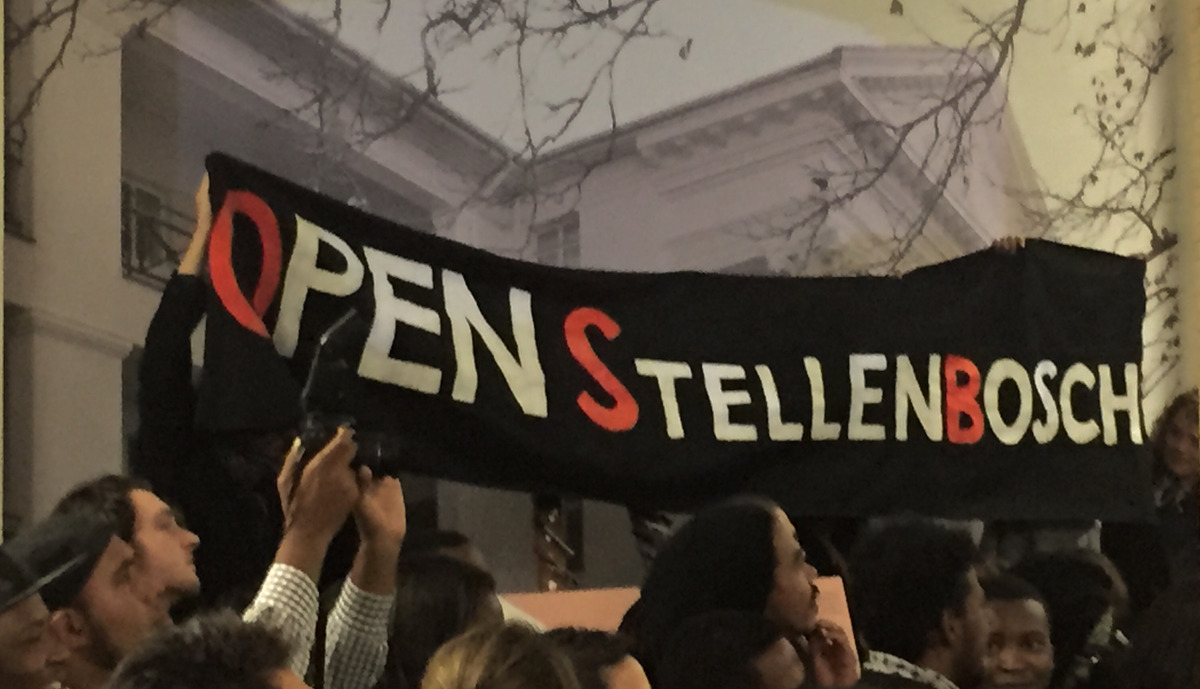Stellenbosch University needs to align itself with the inclusive principals expected of a tertiary institution in a diverse and democratic South Africa. That’s the view of Prof Aslam Fataar, vice dean in the education faculty at Stellenbosch in the wake of the university’s historic move to revise its primary language of instruction from Afrikaans to English.
“Stellenbosch as a public university in a South Africa that is inclusive and diverse needs to, as its organising principle, cater for as wide an inclusive demography as possible,” he told VOC Breakfast Beat.
Stellenbosch University has maintained the use of Afrikaans as its main mode of instruction for close to 100 years, and according to Fataar, has served to exclude a wider diversity of students.
“People have become used to and emotionally attached to it. So moving towards a greater principle of inclusion by using a common language of English is going to create tremendous anxiety and uncertainty, particularly amongst those who have benefited from this institution being Afrikaans,” he suggested.
Stellenbosch University was established in 1866, originally as an English language institution before changing over to Afrikaans during the early part of the 1900s.
While the Afrikaans language has developed influences from various sectors of South African society, including that of the local Cape Coloured community, the variant used at Stellenbosch is deemed as coterminous with the Afrikaner ethnic group, effectively excluding all other non-native speakers.
“The institution of culture at Stellenbosch University is deeply Afrikaner, with Afrikaans and a particular variant of the language ruling the roost in determining everything that gets done here,” Fataar said.
What the new policy at the university is expected to do is ensure that business, meeting and document language of the institution will have to take place in English. In addition, all classes will by default be taught in English with variation for Afrikaans and isiXhosa.
“Where there are larger classes of more than 300 and the venues are too small, you can divide these classes up and have parallel medium classes in English and Afrikaans,” he explained.
Fataar said the efforts of the Open Stellenbosch movement, and the infamous Luister documentary, had effectively forced the university to confront social justice and inclusivity of every student and lecturer on campus.
The move has not stood well with the DA and AfriForum however. The country’s main opposition have released a statement voicing support for the steps taken to create a more inclusive environment for all, but on the other hand also insisting that right of afrikaans speaking students to be taught in their mother tongue should not be infringed in the process.
AfriForum also released a statement accusing the university management of trying to further marginalise and discriminate against Afrikaans speaking students.VOC (Mubeen Banderker)






 WhatsApp us
WhatsApp us 

